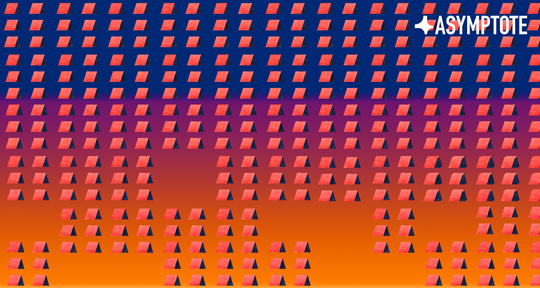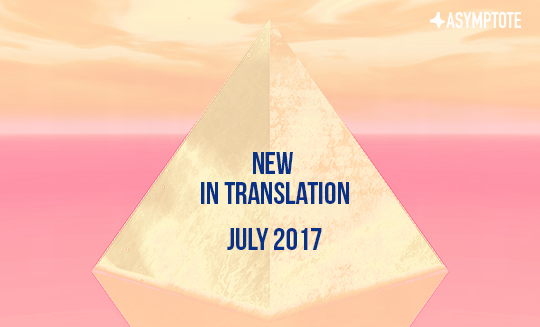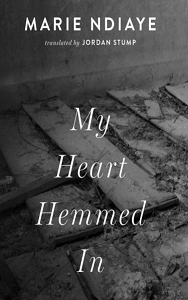This week, our editors report on literary prizes around the world — from an intergenerational family saga to a new approach to the trope of the madwoman in literature, get ready to add some exciting titles to your to-be-read list!
Kathryn Raver, Assistant Managing Editor, reporting from France
A few weeks back, I wrote an update for Asymptote about France’s Prix Goncourt shortlist, which at the time had just been announced—and this week, the results are in! On Monday, from among a shortlist of seven other authors, the Academie Goncourt awarded the prize to Algerian writer Kamel Daoud’s Houris. Daoud’s novel follows a young Algerian woman as she navigates her country in the aftermath of the civil war of the 1990s and is Daoud’s second Goncourt success—the first being his novel Meursault, contre-enquête, which won the Prix du premier roman in 2015. I’m on a mission to read all of this year’s shortlist and only just started Houris– but from what I’ve read so far, it certainly deserves the accolades it’s received.
The Prix Femina—another of France’s coveted literary prizes—also named its winner this week. Franco-Venezuelan author Miguel Bonnefoy took home the award for his most recent novel, Le rêve du Jaguar—an intergenerational story that explores the bonds of family amid the turbulent political climate of 20th century Venezuela. The novel was also awarded the Prix du Roman de l’Academie Française last month. READ MORE…













